Hydroxytyrosol and oleic acid-induced reactive nitrogen species promotes the activation of the Nrf2 pathway leading to a promotion of fibroblast survival and migration that are essential for the resolution of wound healing.
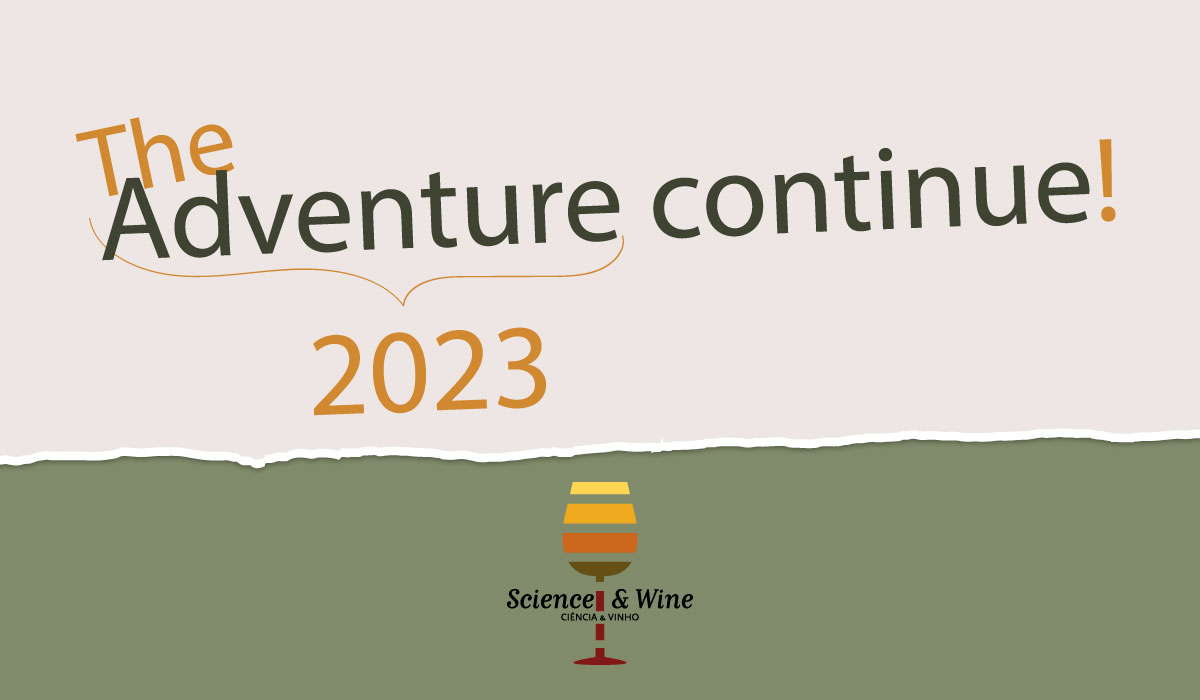
The Adventure Continue
Thanks for this amazing journey. The adventure continues in 2023, and we count on all in this new year.

Merry Christmas with Science & Wine
Every Sunday Science & Wine post an article about wine and Mediterranean Diet. As Christmas Day is on Sunday we want to offer a gift to all that help this project grow. So we decided to promote a giveaway on our social media. The prize will be a Regular ticket to attend the congress on the 16 of June 2023 in Quinta de Ventozelo.
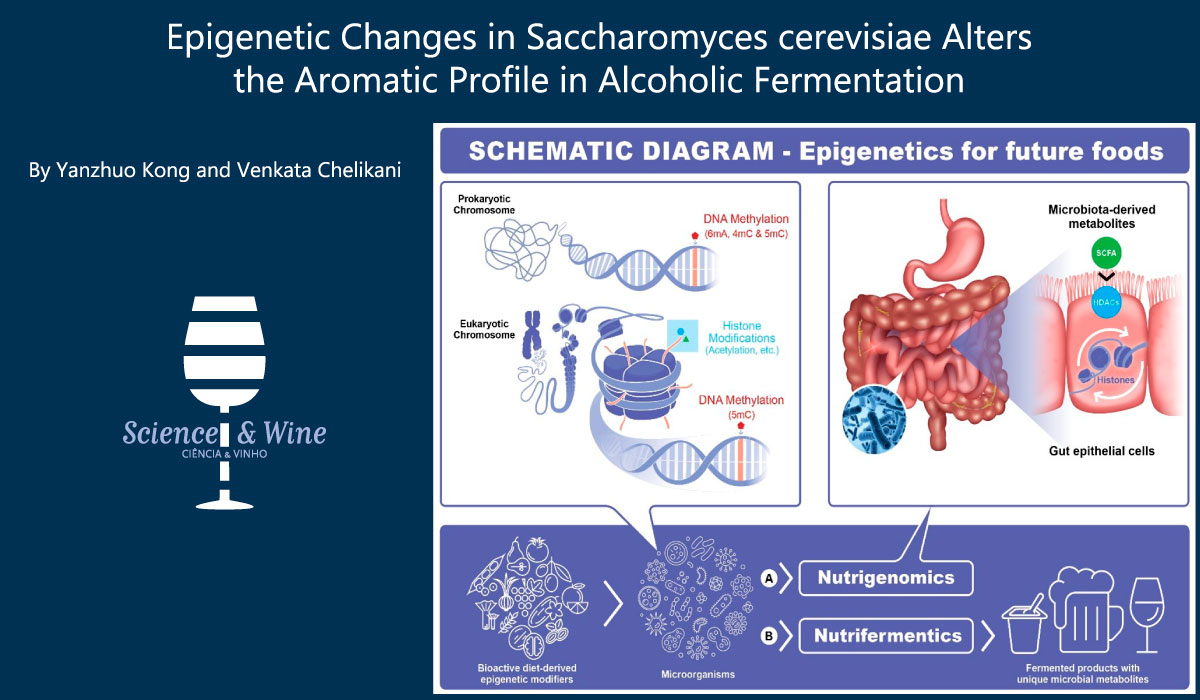
Epigenetic Changes in Saccharomyces cerevisiae Alters the Aromatic Profile in Alcoholic Fermentation
This post is about a post that investigates and reports for the first time utilizing a non-GMO approach to alter the fermentation process of Pinot Noir wines. The authors experimentally demonstrated that certain dietary compounds possess histone deacetylase (HDAC) inhibiting activity and can alter the wine characteristics by potentially altering yeast gene transcription, which was resulted from epigenetic effects. They have previously proposed the term “nutrifermentics” to represent this newly proposed field of research that provides insights on the effect of certain dietary compounds on microbial strains and their potential application in fermentation. This technological approach is a novel way to manipulate microorganisms for innovative food and beverage production with quality attributes catering for consumer’s needs. Using a multidisciplinary approach with an emphasis on food fermentation and biotechnology, this study will be substantially useful and of broad interest to food microbiologists and biotechnologists who seek for innovative concepts with real-world application potential.
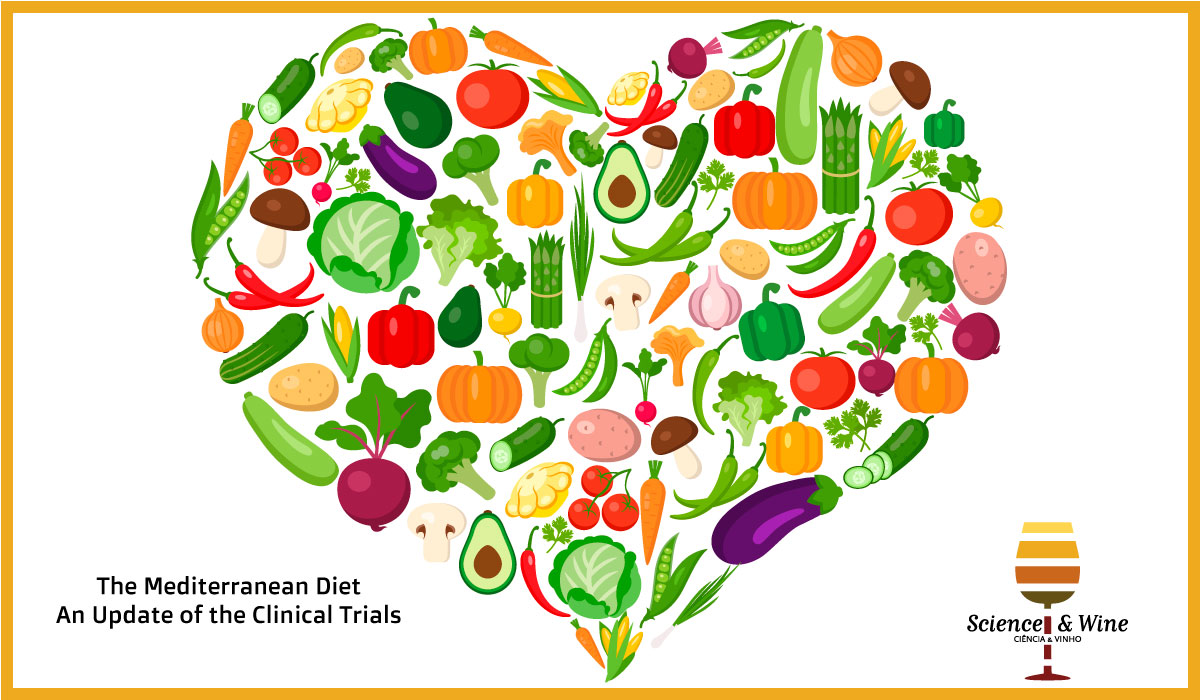
The Mediterranean Diet: An Update of the Clinical Trials
The Mediterranean Diet (MedDiet) is a term used to identify a dietary pattern originating
from the unique multi-millennial interplay between natural food resources and the eating practices
of people living in the Mediterranean basin. The majority of MedDiet’s beneficial effects could be primarily related to its anti-inflammatory and antioxidant properties as well as the effectiveness of this dietary pattern in controlling waist circumference and obesity. Moreover, strict, and long-lasting adherence to the MedDiet as well as the beneficial effects of specific components (e.g., olive oil or its polyphenols) seem to emerge as useful insights for interventional improvements. These findings present further insights into the MedDiet’s resources and how it could strengthen overall public health.

The wine industry by-products: applications for food industry and health benefits
Each year, 20 million tons of wine by-products are generated, corresponding to 30% of the total quantity of vinified grapes. Wine by-products are a source of healthy bioactive molecules, such as polyphenols and other molecules (pigments, fibers, minerals, etc.). The abundance of bioactive compounds assures a promising future for nutritional foodstuff production. Wine by-products can be used to fortify aromatized waters and infusions, bread, pasta, dairy products, alcohol, sugary beverages, and processed foods. These innovative products are part of the Mediterranean Diet and are of great interest to both human and environmental health. Read more that http://science-and-wine.com/
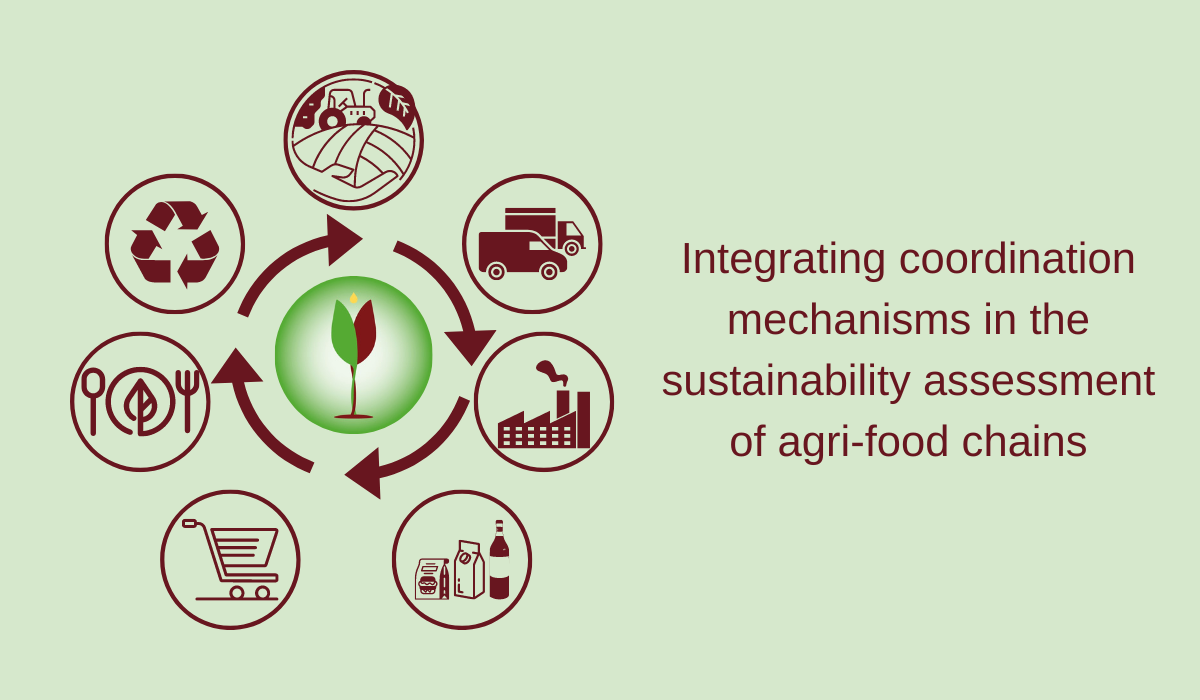
Integrating coordination mechanisms in the sustainability assessment of agri-food chains
From now on until our 3rd Science & Wine World Congress, on the first Sunday of each month, it will be published a post about Food Sustainability.
Today it will be about an interesting recent review written by Carlos Moreno-Miranda and Liesbeth Dries. In their paper entitled “Integrating coordination mechanisms in the sustainability assessment of agri-food chains: From a structured literature review to a comprehensive framework” they analyzed the state of the art in the assessment of agri-food supply chain sustainability based on a structured literature review.

3rd World Science & Wine: Sustainability of wine production and food systems in the Mediterranean region
As promised, we will maintain the organization of the World Congress every two years. The 3rd World Science & Wine Congress will be from 14 to 16 June 2023 in Vila Nova De Gaia and the Douro region. The topic for this scientific meeting here will be “Sustainability of wine production and food systems in the Mediterranean region”.
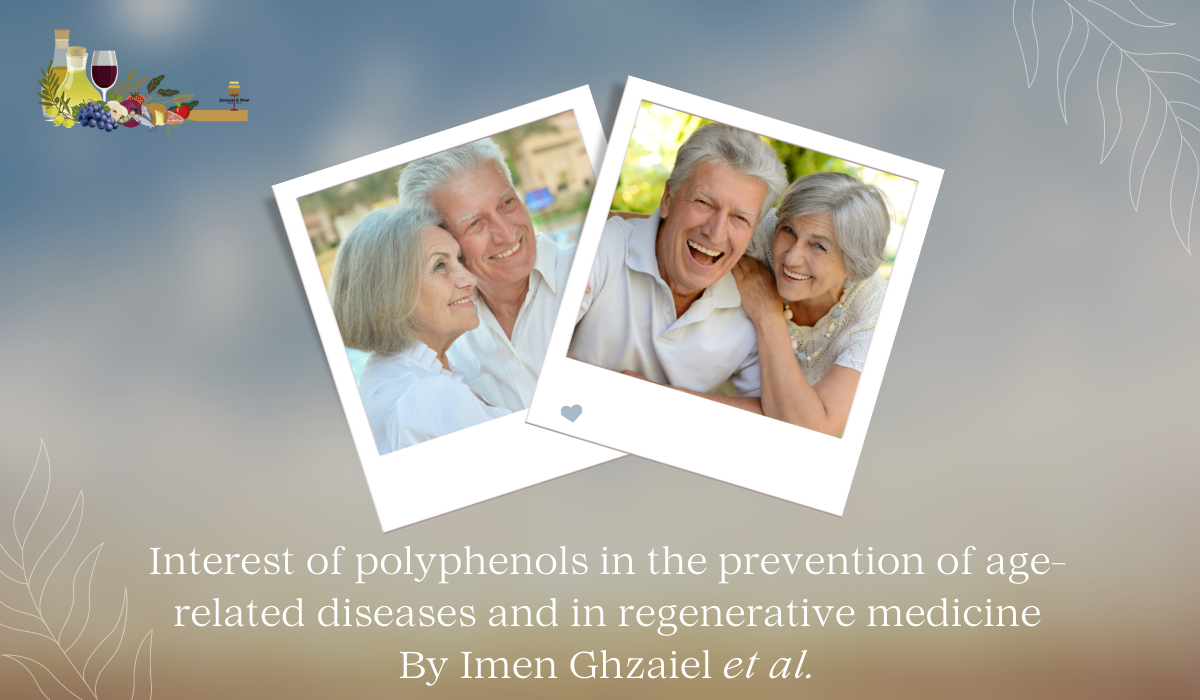
Interest of polyphenols in the prevention of age-related diseases and in regenerative medicine
7-ketocholesterol and 7β-hydroxycholesterol are two oxysterols mainly formed by the autoxidation of cholesterol. These two molecules are interconvertible via specific enzymes. These two oxysterols are often observed at increased amounts in biological fluids as well as tissues and organs affected during age-related diseases and in diseases of civilization such as cardiovascular, neurodegenerative, and ocular diseases as well as type 2 diabetes and metabolic syndrome. Many nutrients present in significant amounts in the Mediterranean diet, especially tocopherols, fatty acids, and polyphenols, have shown cytoprotective activities as well as several Mediterranean oils (argan and olive oils, milk thistle seed oil, and pistacia lentiscus seed oil). Consequently, a nutraceutical approach, rich in nutrients present in the Mediterranean diet, could thus make it possible to counteract certain age-related and civilization diseases associated with increased levels of 7-ketocholesterol and 7β-hydroxycholesterol.
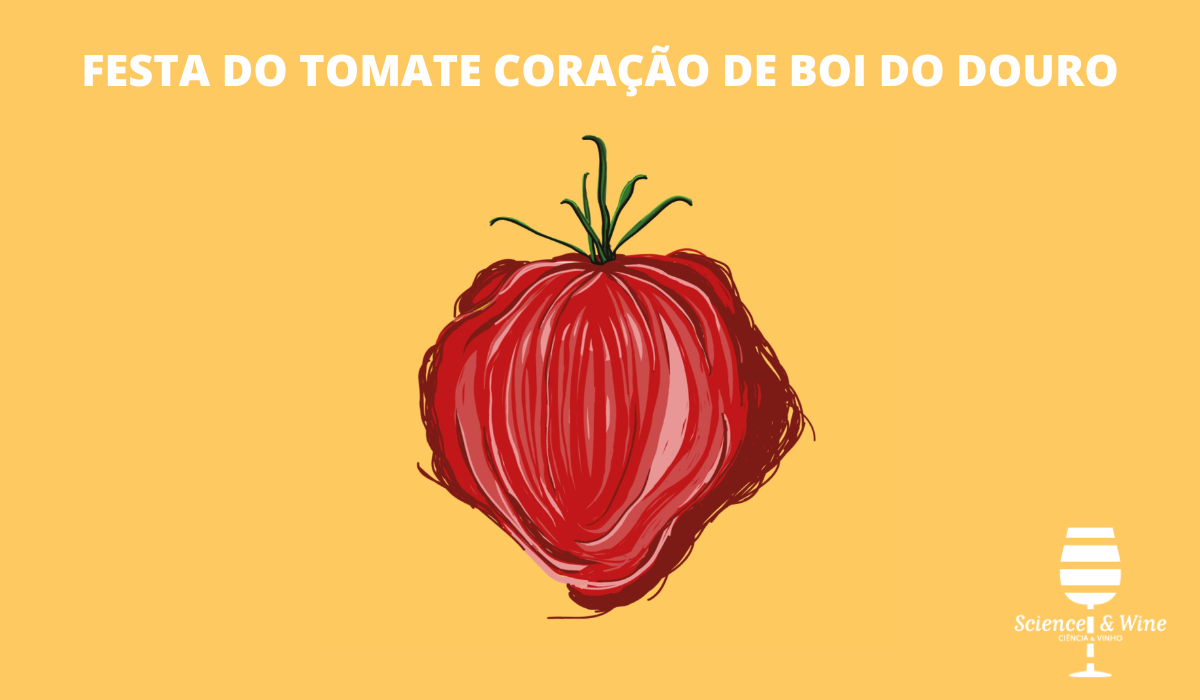
Festa do Tomate Coração de Boi do Douro
O Tomate Coração de Boi, que embeleza as hortas durienses e transmontanas durante o mês de agosto, é um fruto carnudo e sumarento muito apreciado por todos. Dada a sua importância para a região, desde 2016 que se organiza um evento festivo que visa promover este fruto, que encontra no Douro e em Trás-os Montes, ótimas condições para o seu amadurecimento.
The Tomate Coração de Boi, which beautifies the Douro and Trás-os-Montes vegetable gardens during August, is a fleshy and juicy fruit much appreciated by everyone. Given its importance to the region, since 2016 a festive event has been organized to promote this fruit, which is found in the Douro region and Trás-os Montes, with excellent conditions for its ripening.

